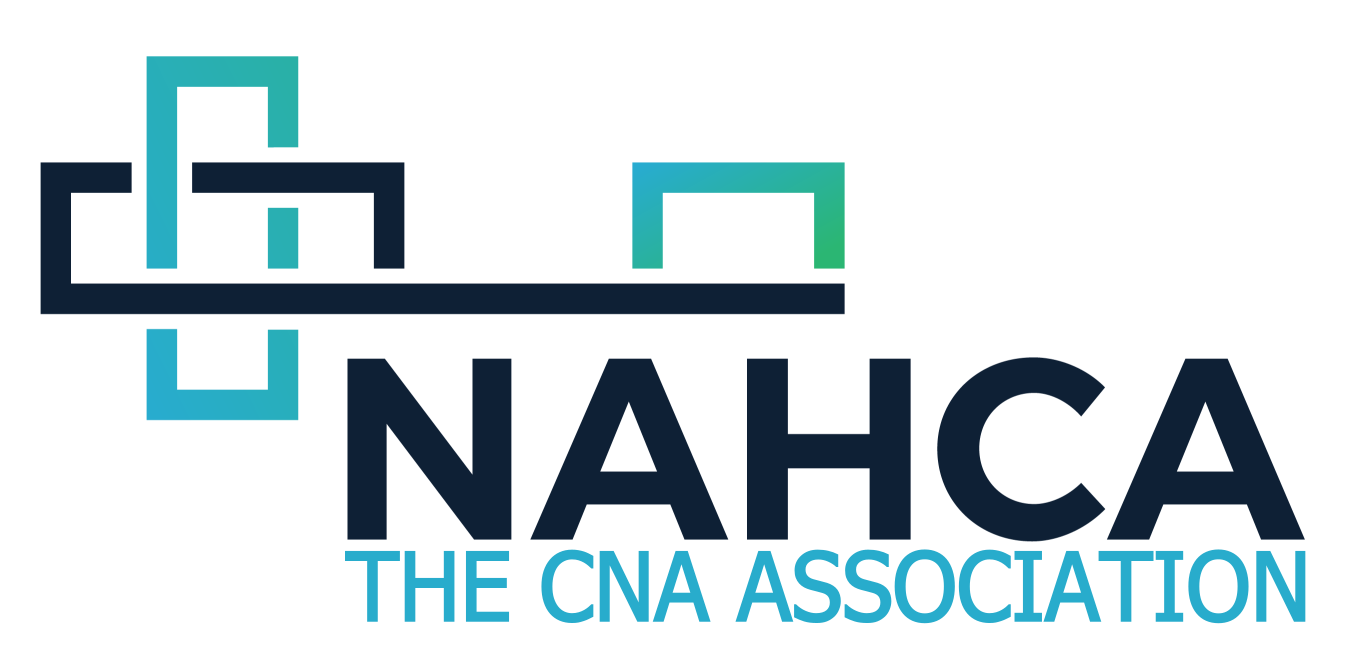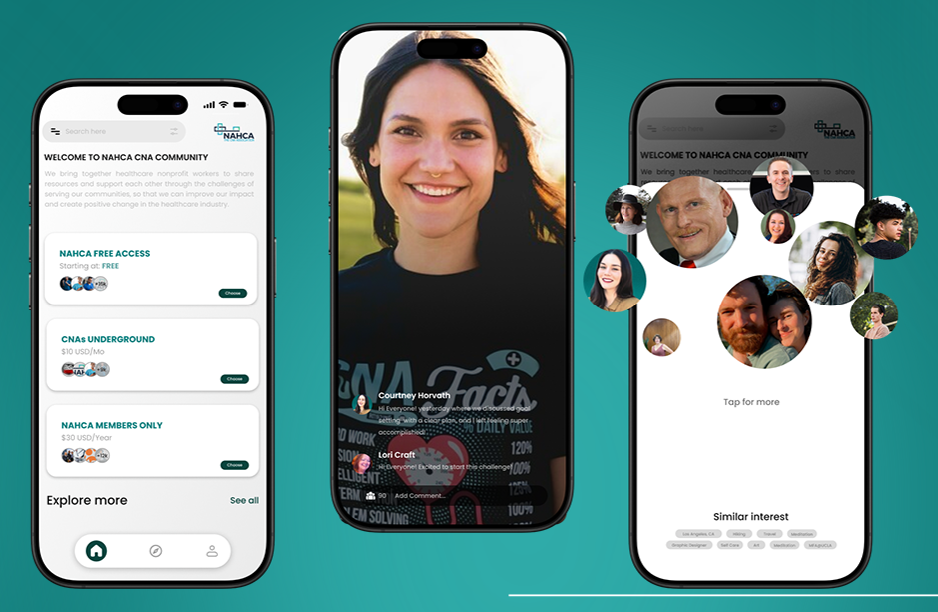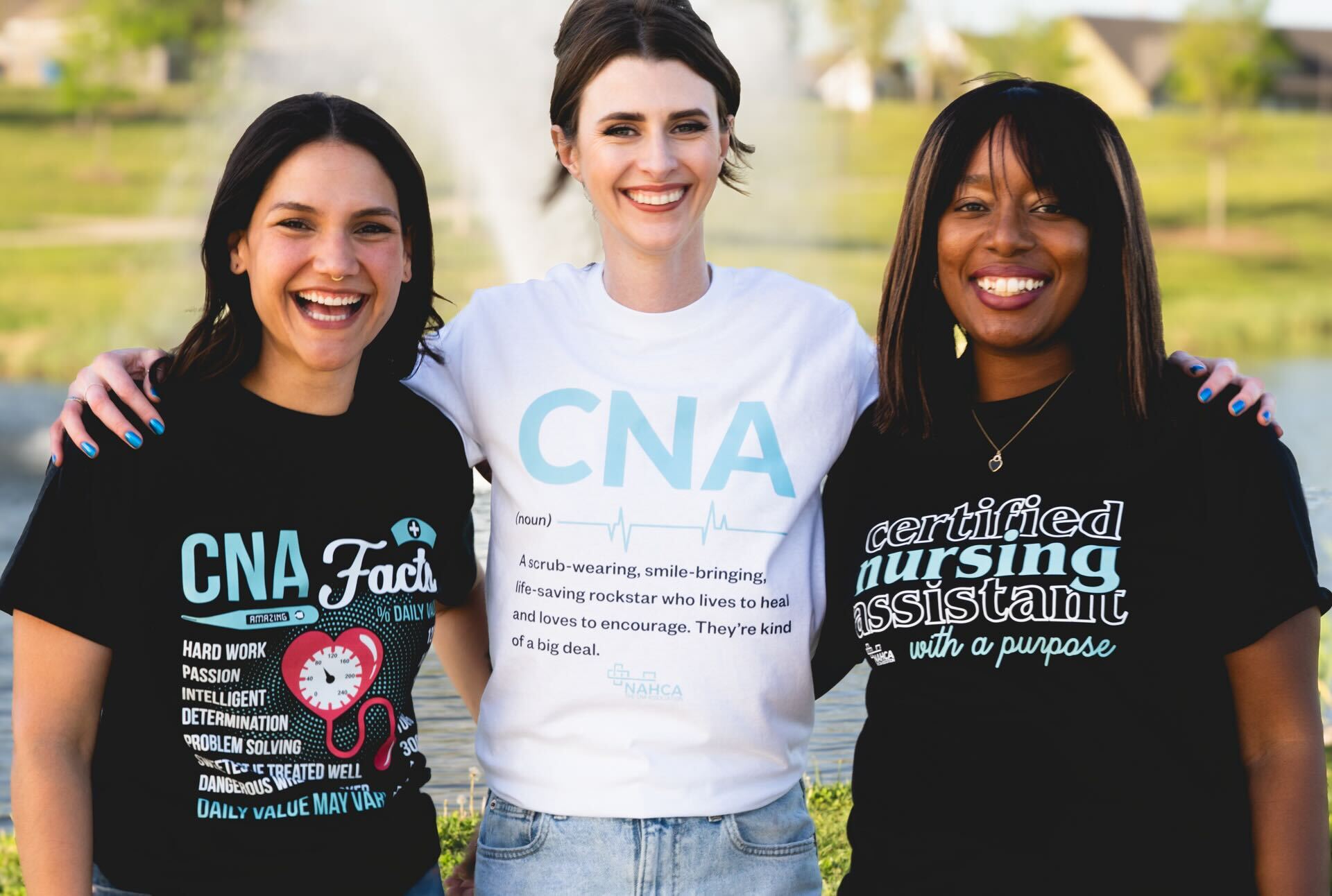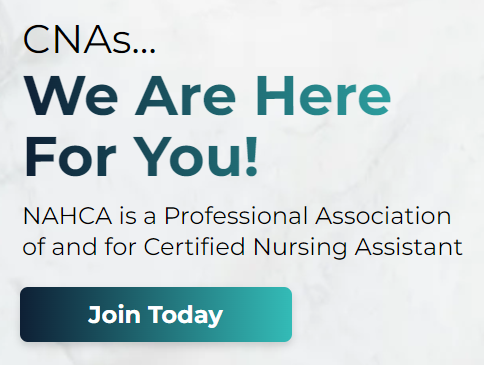Wouldn’t it be a wonderful world if we all had the ability to remember everything we needed to? CNAs in long-term care (LTC) settings have so many people they are responsible for taking complete care of these days, it is virtually impossible to remember everything that happens or issues that you notice about your residents, then to remember what problems belonged to which residents. This is because CNAs and nurses are being pulled in a million different directions every minute of every day you are on shift.
Sometimes we may be driving home, in the shower, or eating supper and suddenly remember something you forgot to tell the nurse. We have all done it, and it’s nothing to be ashamed of. We are human, and we all make mistakes. Yes, even nurses forget things too. Being the superstar CNAs that I know you are, making this mistake makes you feel bad. I’ve been in the same situation myself, even after 35 years of service. So, hopefully we have a solution for not only CNAs but nurses and all others on the healthcare team.
Nothing is more important to a top-notch CNA than knowing you have provided your residents with the best quality of care you can and knowing you have advocated for them in any way possible to ensure they receive the best care.
A Solution to Remember
Well, I believe a solution has been found to help CNAs in all LTC settings solve this problem. What is this amazing solution, you ask? It is called The WATER Communication Tool. Brought to life by Jamie Smith, Dr. Bradley J. Goad, and Molly Langston of Premier Geriatrics in Roanoke, Va., they pulled together and created this amazing communication tool, then brought it to NAHCA and asked for my help, as a lifelong CNA, by looking at it from a CNA perspective, and, by George, I think we’ve got it!
The WATER Tool is designed to help the whole healthcare team be more proactive in passing along very important information about the residents you care for. It is designed to jog your memory about important issues that you may notice during your time spent with your residents—even things that may seem small and insignificant at the time—could be a sign of something bigger brewing with their health. And yes, you the CNA will be the first person to notice it since you are with your residents the most, you are truly the eyes and ears of the healthcare team, and this is a very important role to be in.
Spelling WATER
Let’s take a brief look at the WATER Tool: Each letter stands for critical information that needs to be relayed from the CNA to the nurse, to the nurse practitioner, and to the doctor, so the proper treatments can be determined and implemented sooner than later. This process is designed to prevent extreme sickness and pain among residents and thus create a cohesive, harmonious team that provides excellent quality of care.
So, what does WATER stand for? Let’s break the word down and talk about each letter:
W – Weight. Has a resident had a fluctuation in their weight, a gain or loss, swelling in the limbs or midsection that causes shortness of breath? This could be the onset of a major health issue.
A – Appetite. Notify the team with any appetite changes such as decreased appetite or if they are exceeding any fluid restrictions.
T – Thirst Pitcher Evaluation (additional intake). If you notice a resident’s water pitcher has gone untouched all shift and you are concerned that they are not taking in enough fluid, this can lead to dehydration and other health issues.
E – Events. Any event that has happened during your shift such as a fall, skin tear, bruise, or a resident-to-resident altercation.
R – Recent Changes. Any changes noted that would warrant attention such as: Increased or unresolved pain, functional or cognitive decline, agitation, personality changes, or new or worsening cough.
This communication tool was created as a paper tool for the CNA to initiate communication to your nurse if any signs or symptoms have developed that could lead to a serious condition for a resident. The nurse can then chart the information and pass it along to the doctor or nurse practitioner for further evaluation.
Water, Water Everywhere
Instead of remembering something important you forgot to tell the nurse about a resident while driving home or waking up from a dead sleep because it suddenly popped into your head, just simply, at the end of each shift, ask yourself, “Did anyone have WATER today?”
Remember Nurses are getting things told to them all day too and it is just as hard for them to keep things straight and not forget, so by using the The Water Communication tool everyone has a reminder of important patient information that can be passed along and the best patient outcome will be the solution, and you and your team can have peace of mind nothing was overlooked.
To download the WATER Communication Tool, click HERE. <<<
Watch This Video About The WATER Tool:





I have read your full post. Thanks a lot.